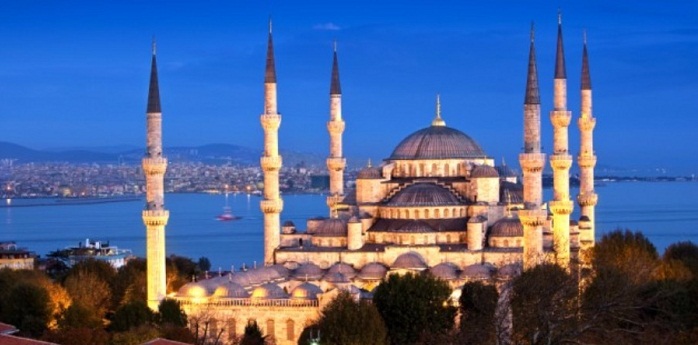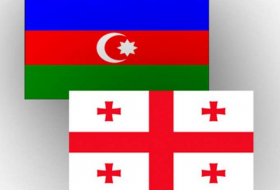Moscow has also imposed sanctions and cancelled all flights after a Russian warplane was shot down by a Turkish fighter during a journey from Sharm el-Sheikh to St Petersburg.
Holidaymakers have been deterred by the deaths of 33 Tui customers in Tunisia last June and the curtailment of all flights to Sharm el-Sheikh, which accounts for 50 per cent of the company’s Egypt business, in October.
The impact of the tragic events in Tunisia in June, and the suspension of holidays to the country, has cost the company £52 million.
Tui has 13 hotels in Sharm el-Sheikh, with the resort accounting for half of its business in Egypt.
But the travel giant still expects expect to increase earnings by 10 per cent in 2016, despite increased security threats around the world.
Travellers are turning to safer destinations such as the Canaries and Spain.
“The Canaries is pretty much booked out,” said Friedrich Joussen, who is now sole chief executive after co-CEO Peter Long stepped down at Tuesday`s annual general meeting.
“We are creating alternatives, but in the long term we believe demand will come back,” Joussen said.
Tui total sales for the first quarter rose by 5.4 per cent to €3.72 billion (£2.9 billion).
“We have delivered a good start to the new financial year, despite the backdrop of geopolitical turbulence in some of our destinations. As an integrated tourism group, Tui is strategically well positioned to tackle the challenges in this turbulent market environment,” Joussen said.
More about:
















































